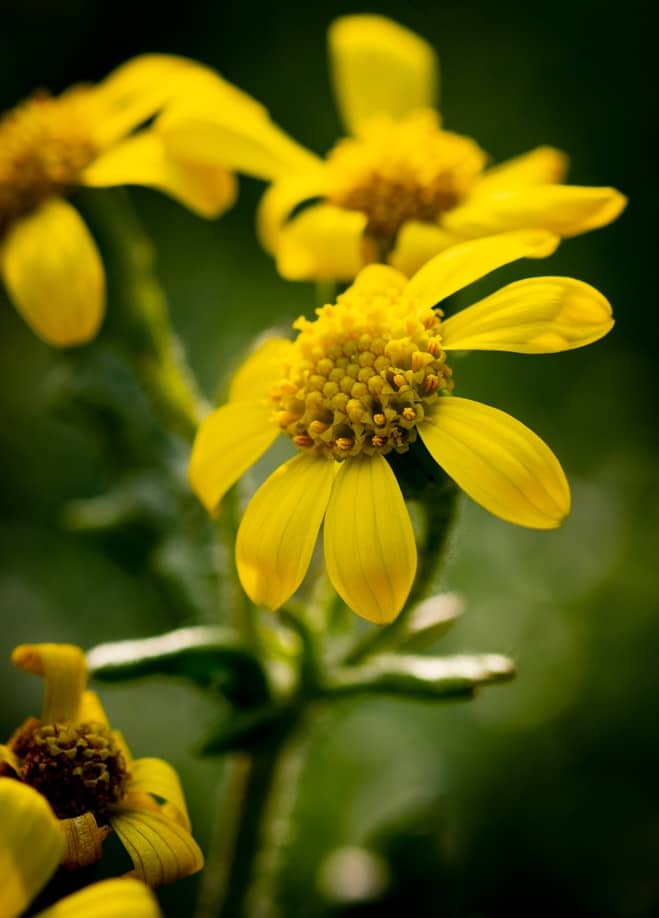Most people with pollen allergies are well aware of this fact: Telltale signs of an allergic reaction to pollen include itchy/watery eyes, runny/stuffy nose, postnasal drip and scratchy throat. The key to preventing these symptoms is understanding what pollen is, keeping track of how much pollen is in the air and limiting your exposure to the allergen.
What Is Pollen?

Pollen, a fine yellow powder, is the fertilizing agent of trees, grass, weeds and flowers. In most cases, pollen from flowers does not trigger allergies; this type of pollen is larger and waxier than other types and is carried from plant to plant by bees. Trees, grass and weeds, on the other hand, produce light, dry pollen that is easily carried by the wind. This is the type of pollen that typically causes allergies.
Different types of pollen peak at different times in the year, usually during the spring and summer. Tree pollens typically start at the earliest signs of spring, peaking mid-April to early May. Grass pollens start around the beginning of May and end by late June. Ragweed pollen season is much later in the year, usually from August to October.
Keep Track of Pollen Counts
Across the nation are air-sampling devices that collect data about the amount of pollen in the air. Analysis of this data shows that pollen season is starting earlier, lasting longer and getting more severe. Researchers theorize this is thanks to climate change.
Weather can impact the pollen count in your area each day. Windy days can spread pollen 100 miles or more, and hot dry days correlate with much higher pollen counts. Rainy days have lower pollen counts because the moisture keeps the pollen from floating through the air.
You can track the pollen count in your area using the National Allergy Bureau’s pollen count tool.
How to Prevent Pollen Allergies
The best way to prevent pollen allergies is to limit your exposure to pollen by…
- Staying indoors with the windows shut when pollen counts are high.
- Installing a high-efficiency particulate air (HEPA) filter in your home.
- Eliminating wall-to-wall carpeting.
- Bathing pets regularly (no more than once per week).
- Showering and changing clothes after spending time outdoors during pollen season.
If you’re ready to enjoy Perkerson Park without suffering from pollen allergy symptoms, talk to the allergy experts at ENT of Georgia. Call today to schedule an appointment.